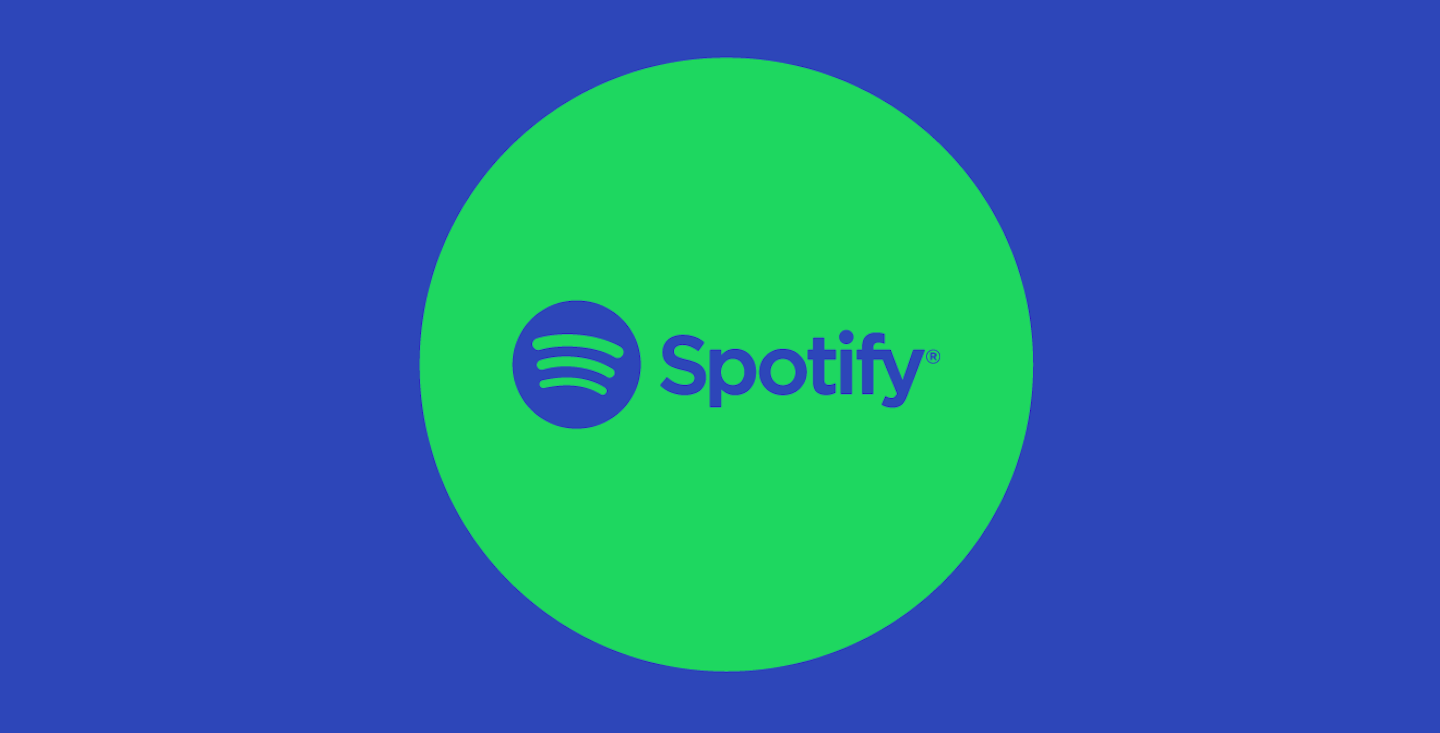Digital Threat Digest - 31 January 2022
PGI’s Digital Investigations Team brings you the Digital Threat Digest, a daily review of what we think you need to know about disinformation, misinformation, and online harms.
The future is bright with potential international conflict, rampant Covid-19 disinformation, and the ever-present incel threat.
TL;DR nobody knows for sure
There are some interesting conclusions in this working paper from the European Centre of Excellence for Countering Hybrid Threats around strategic Russian messaging about Ukraine. The paper does well to analyse the Kremlin’s messaging, pointing out that any coordinated messaging is not just targeting domestic audiences in Russia and Ukraine but serves a wider purpose. However, the best conclusion is the fact that it states no fewer than four times that in looking at online content alone nobody knows whether Russia will invade. Too often in an emergent space where there’s no playbook to fall back on authors will make grandiose interpretations of their findings to try and prove the value of digital investigations. This paper does the opposite, it tells you what it can be sure about, and raises some further questions of interest – therein lies its value.
Spotify’s peace offering
Disinfo Twitter spent most of last week being annoyed with Spotify, and over the weekend Spotify countered this by publishing the inaugural draft of their content rules and labelling podcasts discussing Covid-19 with advisory warnings. The rules are good because they focus on some of the very specific most dangerous content, but they are equally bad as they leave a lot of Joe Rogan themed wiggle room. At this point it’ll take more of a Taylor Swift than a Nils Lofgren to hit Spotify where it hurts financially and push for tighter regulation. There’s a separate debate to be had around the efficacy of labelling disinfo/conspiracy content online. In many instances users who have been labelled wear the warning as a badge of honour, and such content is perceived by their audiences as being more trustworthy. And with all the attention on Spotify, how long till somebody notices that Apple are still quietly hosting Steve Bannon’s Pandemic War Room podcast…
Four degrees of radicalisation
A recent article by Global News opens by claiming that we are all just one incognito browser and four clicks away from drowning in Covid-19 conspiracies, far-right extremism and—the focus of the piece—the incel community. Incels – men (and a small number of women) who feel the societal standards set by women have left them involuntarily celibate – have been a growing community in the last few years, facilitated by over-exposure to online content during lockdowns. Most of the people in incel forums or commenting on incel-ideology YouTube videos are not necessarily misogynistic, or extreme, but—and it’s a big but—as the community grows and behaviours are normalised within these spaces, so does the likelihood of real world harm. Both overtly violent and covertly ideological content on mainstream social media platforms plant the seeds of these radical ideas, and create an appetite for more; leading viewers to take to Google with the new buzzwords, leading them onto closed forums where the more serious threats lie. A glance over these forums is all it takes to find anonymous members pushing people to ‘go ER on the way out’—ER referring to the infamous incel attacker Elliot Rodgers—and ‘on the way out’ referring to the glorification of suicide within the community. We’ve already seen the real-world dangers of these spaces in the UK, when a 22-year-old with connections to the incel community carried out a gun attack in Plymouth and killed five.
More about Protection Group International's Digital Investigations
PGI’s Social Media Intelligence Analysts combine modern exploitative technology with deep human analytical expertise that covers the social media platforms themselves and the behaviours and the intents of those who use them. Our experienced analyst team have a deep understanding of how various threat groups use social media and follow a three-pronged approach focused on content, behaviour and infrastructure to assess and substantiate threat landscapes.
Disclaimer: Protection Group International does not endorse any of the linked content.







